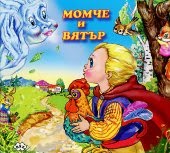



The events seem to be a amalgamation of pagan springtime ceremonies and the Christian celebration of Shrove Tuesday.
In Algarve, we go for a more markedly out-doorsy approach and parade around in themed floats and suchlike.
Many towns and villages hold their own events, but the oldest Portuguese carnival, is the one in Loulé.
It would seem that planning for Algarve carnivals starts early in the year, and many locals get involved, making the thousands of paper flowers that adorn the floats. Local participation at the actual events extends to the farmers, who turn out in their tractors to pull the floats. Many get into the mood of the event, with their outfits themed to suit.
Each Algarve carnival seems to have something different to offer.
Most carnivals have a theme, and there's much good-natured satiricising of life's woes and joys, with a particular penchant for having a tilt at politicians, both local and national.
One notable aspect was the wide spread of age groups among attendees. It would seem that Algarve carnivals have something for everyone.
Babies and young children were dressed up for the occasion.
Many of the older young folk sprinted about spraying each other with coloured goo, and popping the occasional egg over each others' heads. It seems that this behaviour is a throwback to pre-carnival times, when rival gangs of youths would throw discarded food and mud at each other. Then, someone came up with the notion of formal processions of carts...



























